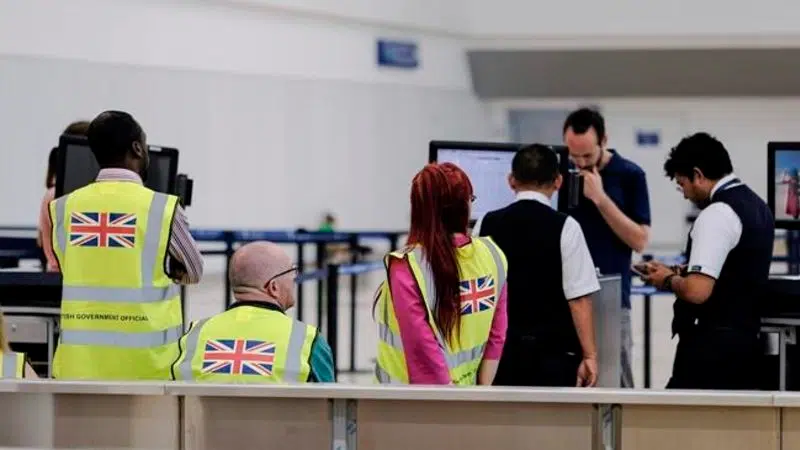
Thomas Cook repatriation ramps up as bosses slammed over pay
LONDON — Britain’s biggest repatriation effort since World War II ramped up on Tuesday as questions swirled over the pay Thomas Cook executives received in the run-up to the tour operator’s collapse, which left thousands stranded globally.
As uncertain Thomas Cook customers made their way to airports around the world, Britain’s Civil Aviation Authority said Tuesday it brought back 14,700 people to the U.K. on 64 flights on Monday. That amounts to around 95% of the tourists who were originally booked to fly home that day.
A further 135,000 passengers are expected to be brought back on rescue flights over the next 13 days, including 16,800 on 74 flights on Tuesday. Everyone will be brought back regardless of nationality or whether they are protected by the government-backed travel insurance program.
“A repatriation of this scale and nature is unprecedented and unfortunately there will be some inconvenience and disruption for customers,” said Richard Moriarty, the aviation authority’s chief executive. “We will do everything we can to minimize this as the operation continues.”
